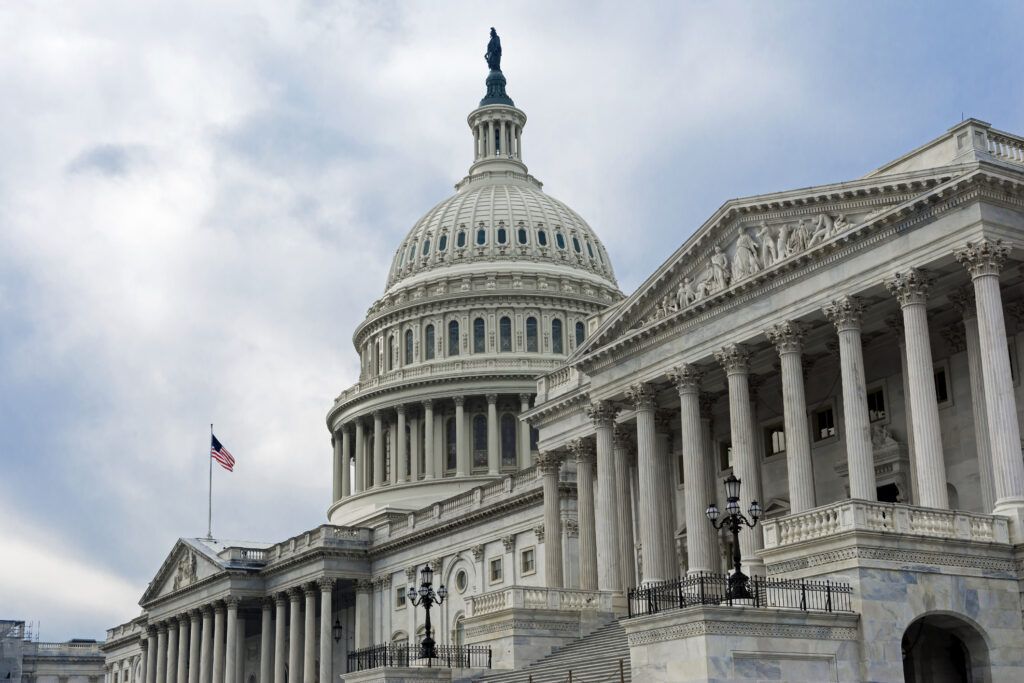Welcome to the Garfinkel Immigration news roundup, where every month we will summarize and provide links to the latest stories impacting U.S. immigration.
Below is the February 2024 edition of the Garfinkel Immigration news roundup:
USCIS releases final rules altering H-1B registration process, adjusting some application fees
United States Citizenship and Immigration Services (USCIS) released two final rules late last month that could have a significant impact on applicable foreign nationals.
One of the rules, entitled “Improving the H-1B Registration Selection Process and Program Integrity,” was designed to “strengthen the integrity of and reduce the potential for fraud in the H-1B registration process,” according to USCIS. Meanwhile, the other final rule will adjust the fees for some immigration and naturalization applications.
Further details about both final rules can be found here.
Frequent tax and social security issues encountered by foreign nationals
Garfinkel Immigration Law Firm published its newest white paper in late February.
In the paper, Partner William R. Hummel discusses frequent tax and social security issues encountered by foreign nationals.
“All work-authorized foreign nationals can have a social security number from the Social Security Administration (SSA), while non-work authorized dependents will oftentimes need to obtain an Individual Taxpayer Identification Number (ITIN),” Hummel writes. “Filing taxes with the IRS could also be a new or complicated experience for foreign nationals.”
Read the full white paper here.
Surge in immigration will boost U.S. economy, Congressional Budget Office says
The U.S. economy is expected to increase by about $7 trillion across the next 10 years, according to data published by the Congressional Budget Office in early February, which was analyzed by Time.
“The CBO projects that the increase in immigration will lift the growth of inflation-adjusted gross domestic product by an average of 0.2 percentage points a year from 2024 to 2034, leaving it roughly 2% larger in 2034 than otherwise,” the Time story read. “In its report, the CBO raised its estimate of the labor force in 2033 by 5.2 million people, mostly because of higher net inflows from outside the count.”
The Time story continued: “The expanded workforce will put downward pressure on average inflation-adjusted wages, according to the agency. That effect is projected to partly reverse after 2027, but wages are still expected to be slightly lower than otherwise in 2034 in the CBO’s estimation. Wages are depressed in part because many migrants are expected to work in lower-paying jobs, thus lowering the average salary. But an increase in the supply of labor also plays a role, according to the report.”
Read the full story from Time here.
How immigration policy changes can affect Biopharma hiring
This story from BioSpace details the updated 2022 policy guidance issued by the Biden administration in relation to the National Interest Waiver for STEM degree holders as well as O-1A visas.
“Experts told BioSpace that overall, the U.S. immigration process remains formidable for many talented STEM professionals from abroad who could potentially contribute to biopharma and other industries,” the story read.
The story continued: “The number of awarded O-1A visas increased 30% in 2022 after the policy change while the number of green cards awarded to STEM professionals through EB-2 waivers increased by 55%. In 2023, numbers of both types of documents remained about the same as 2022 levels.”
Read the full story from BioSpace.
Garfinkel Immigration Law Firm Partner Meredith W. Barnette discussed the benefits of the National Interest Waiver for STEM degree holders in a recent white paper. Read the full paper here.
Democrats eye new immigration strategy after Suozzi win.
Democrat Tom Suozzi flipped a New York Congressional seat from red to blue with a win in a special election in mid-February. The victory is prompting some Democrats to “‘go on offense’ on immigration,” according to a story published by The Hill.
“The former and future congressman leaned into immigration during his campaign to replace ousted Rep. George Santos (R), bucking a trend of Democrats shying away from the issue as Republicans consistently hammer President Biden over his handling of the border,” the story read. “Suozzi’s message was twofold: more border security and an expansion of legal pathways for migrants to come in legally. The two-tiered message resonated with the New York suburban district’s voters and, as a package, it’s music to the ears of advocates.”
The story added: “Democratic Congressional Campaign Committee (DCCC) Chair Suzan DelBene (D-Wash.) told reporters Wednesday that Suozzi’s approach worked because ‘he spoke authentically about his positions,’ and because he had a resume as a deal-making centrist in his prior tenure in the House. But DelBene didn’t explicitly endorse going on offense as a national Democratic strategy.”
Read the full story from The Hill here.
Bipartisan immigration bill fails to pass Senate
This story from the Associated Press examines the proposed bipartisan immigration bill that failed to pass in the Senate earlier this month.
“A pairing of border policies and aid for allies — first proposed by Republicans — was intended to help squeeze the package through the House, where archconservatives hold control,” the story read. “But GOP senators — some within minutes of the bill’s release — rejected the compromise as election-year politics set in. Many Republicans said the compromise wasn’t enough and they would rather allow the issue be decided in the presidential election. Supporters of the bill insisted it represented the most comprehensive bipartisan border proposal in years and included many Republican priorities.”
The story continued: “The bipartisan group of senators who negotiated the compromise for the last four months said it was a missed opportunity to try to make some progress on one of the most intractable issues in American politics.”

